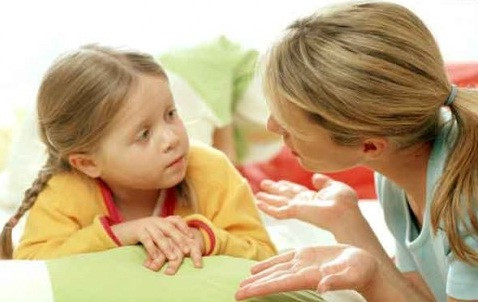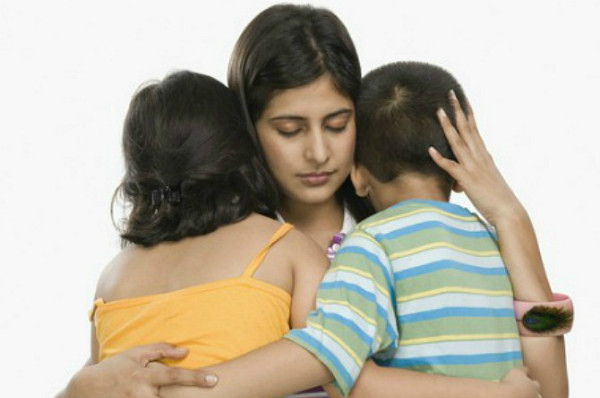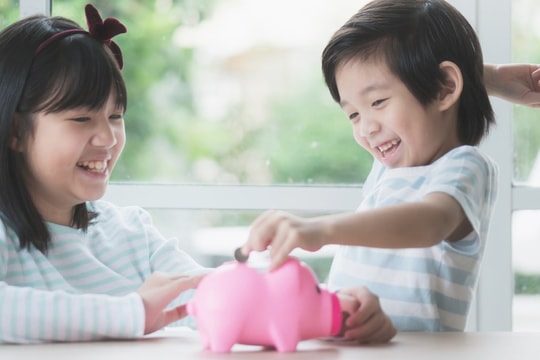4 benefits when parents say sorry to their children
Being a strict, committed parent doesn't mean you can't say, "I'm sorry!" Parents who say sorry to their children not only set an example of good behavior, but the habit also fosters self-esteem.
Read below to find out why you need to add “sincerely apologize” to your parenting to-do list.
 |
| Please apologize to your child sincerely. Illustration photo |
1. Apologizing is a positive way to raise children.
Nurturing a loving, caring family takes time and effort. To do that, you need to nurture your children, and believe it or not, apologizing to your children when you make mistakes is a way to help you succeed as a parent.
Regina Kupecky, a social worker in Ohio, has a simple formula for parenting: "Nurture more, control less." Kupecky advises parents to focus on strengthening relationships with their children rather than setting rules, and good behavior will naturally follow. That means even if you're angry, saying sorry is appreciated.
2. Parents saying sorry is a good example for their children.
This is also a way to cultivate good behavior in your child. Children are generally emotional, so when you set an example and show the importance of apologizing, it is a fair way for your child to follow. In addition, this way, children also understand that no one is perfect, everyone can make mistakes and learn from their mistakes. Besides, a little humility will win people's hearts more than stubbornness and complacency.
 |
| Your child will respect you more if you always say sorry to him. Illustration photo |
3. Apologizing doesn't mean giving up power
A common misconception among many parents is that apologizing to their children means "losing yourself" in the eyes of your children and that they will not listen to you in the future. On the contrary, if your children respect you and listen to you when you talk, then apologizing to them will not lead to any consequences that go too far. It will only make them respect you more. Parents should be friends with their children rather than authorities.
4. Apologies create mutual respect
If you make a habit of apologizing to your children whenever you do something wrong, it also means that you are nurturing their self-esteem in the long run. At the same time, your children will understand the meaning of forgiveness and thus be more open to others. This behavior will be remembered and acted upon in the future.
According to the Star
| RELATED NEWS |
|---|



